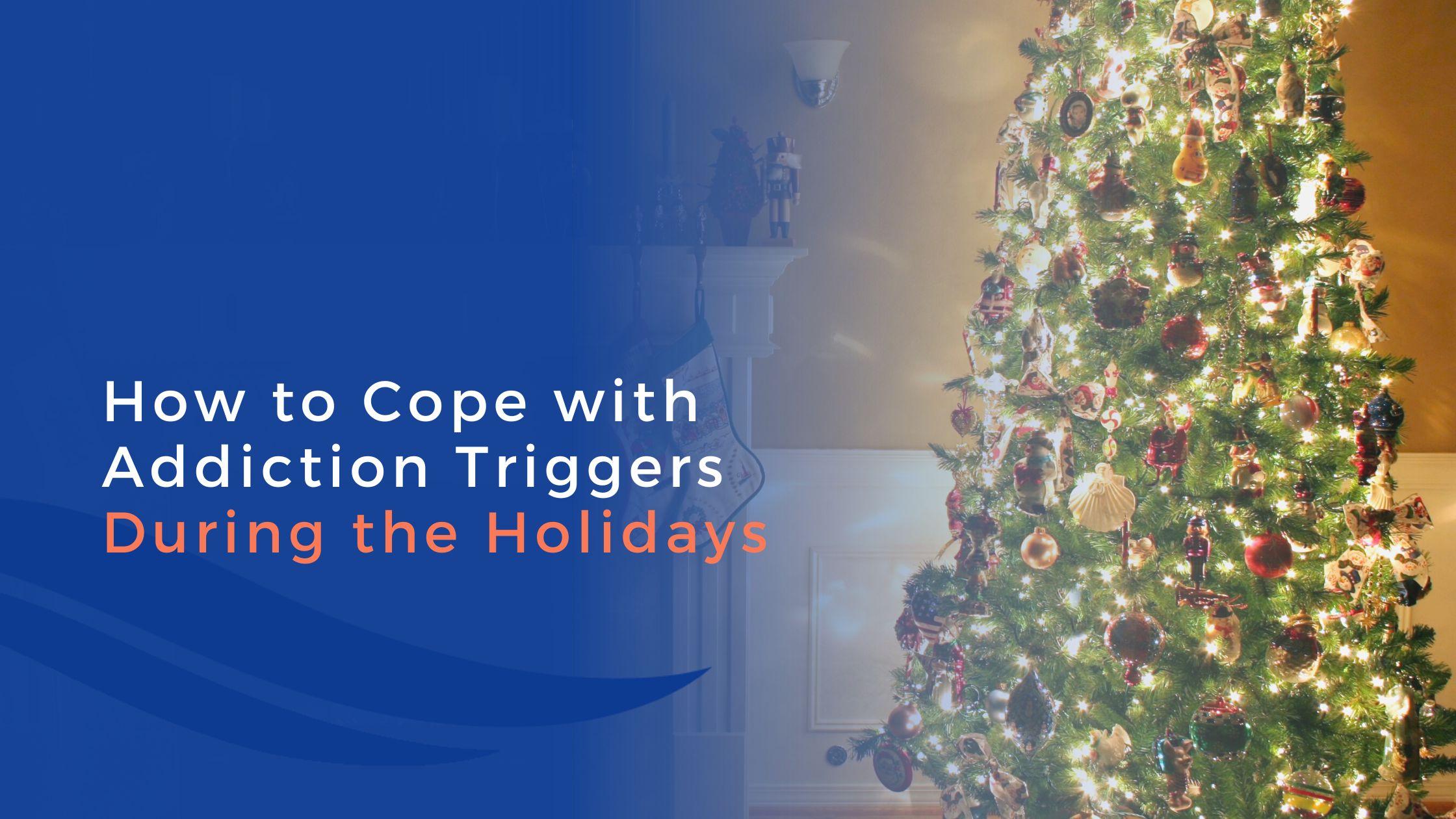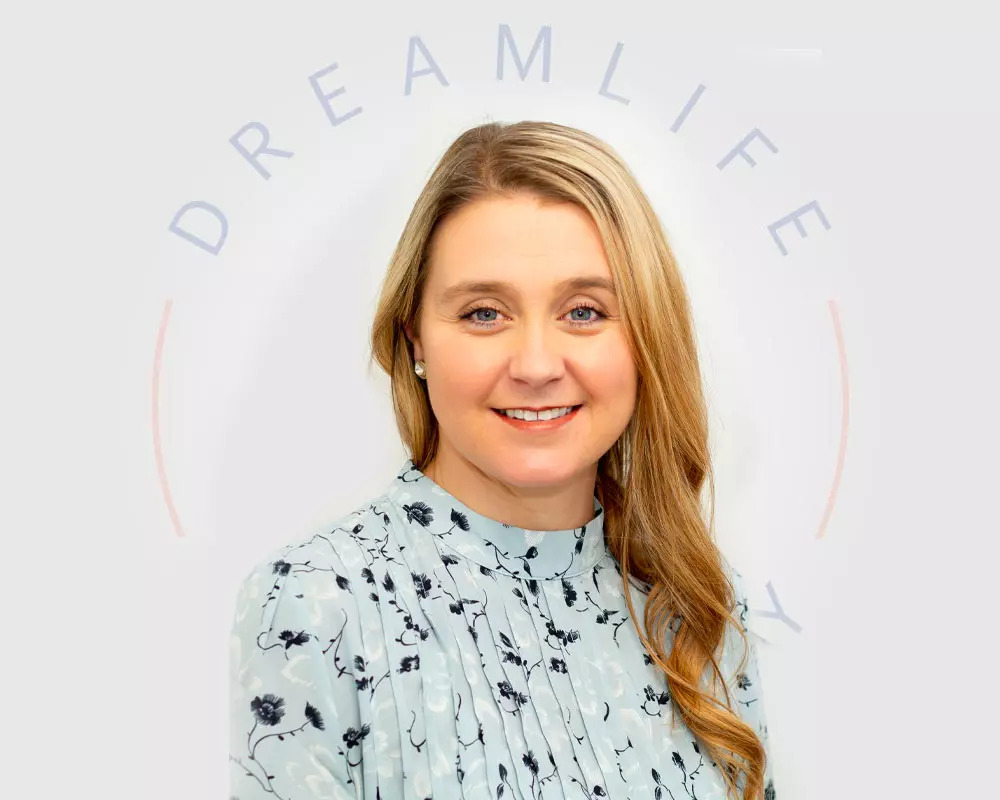How to Cope with Addiction Triggers During the Holidays
December 7, 2022 - Sobriety
Medically Reviewed by BROOKE MCKENZIE


Written By
DreamLife RecoveryThe holiday season is always full of celebration, family, and friends. It is also a period of reflection and aspirations since it comes at the end of the year. However, this magical and blissful period is a nightmare for people with active addiction.
Addiction triggers quadruple during the holidays. What many consider a blessing is stressful and overbearing for people with substance use disorder and behavioral addictions. All the festivities, joy, and communion the season brings are traumatic. The alternative, isolation, is equally tragic.
Addiction Triggers During the Holidays
Behind every cycle of drug use is a trigger that leads a recovering or active addict down the rabbit hole. These include:
Family Issues
Family issues can lead to addiction. A toxic home, strained relationships, neglect, domestic violence, a sick loved one, and financial stress are all underlying causes of substance misuse and behavioral addiction. People in active addiction may distance themselves from the toxic environment without confronting such issues.
Unfortunately, the holidays force people in active addiction to think about their traumatic past or face them. The anxiety aroused by intrusive thoughts, emotions, flashbacks, and nightmares can push them toward substance use or maladaptive behavior like promiscuity or gambling.
Lack of Accomplishment or Progress
The pressure of meeting friends and loved ones during the festive season increases for people in active addiction and those recovering because of their accomplishments. Addiction slows down life progress.
- It affects a person’s financial management abilities – every penny gets spent on substance or behavioral indulgence instead of building, investing, and providing for the family.
- It destroys relationships – loved ones develop trust issues, resentment, anger, anxiety, and hurt because of the emotional, financial, and social neglect and manipulation done by a loved one in active addiction.
- It ruins careers – sacrificing opportunities to climb the corporate ladder or expand a business for substance use or behavioral addiction.
Meeting with friends and family advancing in life while you have wasted your prospects is a huge trigger. It breeds regret, fear, guilt, shame, and self-pity. All these negative perceptions lower a person’s sense of self-worth. It makes them feel like a burden, pushing them further into the darkness.
Isolation
Nothing is worse than staying alone during the holidays when everyone is in a festive mood. The joy and happiness evident in families as they celebrate, sing, exchange gifts, and care can trigger depression for lonely individuals with addiction during the holidays. Isolation is also an emotional phase of relapse that can cause substance misuse.
Lack of Support
People in active addiction without support from friends and family have the worst end of the stick during the holidays. Everyone is always on the move to be with loved ones during the festive season. It gets exceptionally lonely for people without any family or friend connections. Without support and accountability, it becomes easy for the person in active addiction to bury themselves in drugs, alcohol, gambling, or sex.
Fear of the Future
As the year ends, people plan and prepare for the new year. A person in active addiction already has a distorted reality of the present and future. While to an average person a new year brings hope, a clean slate, and opportunities, a person in active addiction may only see doom and gloom. The end of the year exposes their failures, wasted years, and worst fears. They have nothing to be grateful for since the entire year has been an addiction rollercoaster. The apprehension can push them toward maladaptive behavior to cope with the stress.
How to Overcome Addiction During the Holidays
It is possible to stay sober and avoid partaking in destructive behavior during the holidays. Here are tips to help you evade or face addiction triggers while building your resilience against addiction.
Prepare In Advance
You know your family and friends well. Therefore, prepare for the interactions. Know when to dodge or engage while protecting your mental frame. Consider your progress a milestone if they are big on accomplishments. Avoid seeking or expecting their approval or congratulations. Be your primary cheerleader.
Acknowledge Your Mistakes
Addiction has probably come at a cost to you and your loved ones. They may not be people in active addiction, but they have been affected. Mend fences where you can. One way to disempower your trauma is by facing it. Apologize where you can. Make restitution where it is due. It helps you heal and shows your family and friend that you are getting better. Your attempt to salvage what is left may cause them to extend an olive branch and give you that needed support and acceptance you seek.
Have Accountability During the Party Scenes
It is the festive season. People will be drinking and partying the nights away. The easy availability of free drugs and alcohol is tempting. It becomes easy to relapse for a person recovering from addiction. Let your loved ones become your support and accountability partners. They can ensure you have clean fun by organizing safe spaces or activities to celebrate.
Become Comfortable with Discomfort
Addiction is an avoidant maladaptive behavior. People in active addiction misuse substances or gamble to escape the pain, consequences, or discomfort of their traumatic experiences or situation. However, psychoactive substances only provide temporary relief. They also increase tolerance and enhance dependence. Learn to face your fears. They become powerless when you deal with them head-on.
Choose Positive Outlets
Alcohol, drugs, medication, food, gambling, and sex activate the reward pathway, which induces happiness, peace, satisfaction, and motivation. However, the impact is short-lived, creating a vicious cycle of overindulgence. Instead of finding relief from the substance or destructive behavioral patterns, look for constructive habits like:
- Meditation – inhibits anxiety and reduces the severity of depressive symptoms by producing feel-good hormones which counter stress hormones.
- Mindfulness – enables you to be in the moment and enjoy your relationships, environment, and activities of daily living. Mindfulness helps you to find meaning and appreciate the mundane aspects of life.
- Maintain a healthy lifestyle – eat balanced meals, hydrate, have eight hours of sleep, and exercise to improve your mental and physical health.
- Know your addiction triggers – avoid places and situations that entice your desire for the substance or destructive behavior.
Learn Coping Skills at DreamLife Recovery
If you or a loved one are struggling with addiction, DreamLife Recovery is here to help. We use evidence-based practices to help you heal your physical, mental and spiritual health. We’ll teach you methods of coping with triggers in addiction and how to apply them as part of an aftercare plan to prevent relapse and improve your quality of life.
We’ll also help you identify the underlying cause of your addiction and personalize your treatment based on your individual needs. Our caring staff takes the time to get to know you so you can receive the best care possible. If you’re experiencing a relapse, our inpatient residential treatment program is the safest place to recover with medical supervision and round-the-clock care. Contact us today to learn more about our treatment programs and how we can help you lead a successful life after treatment.







